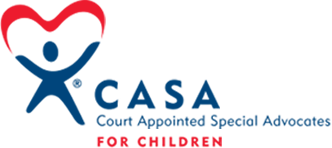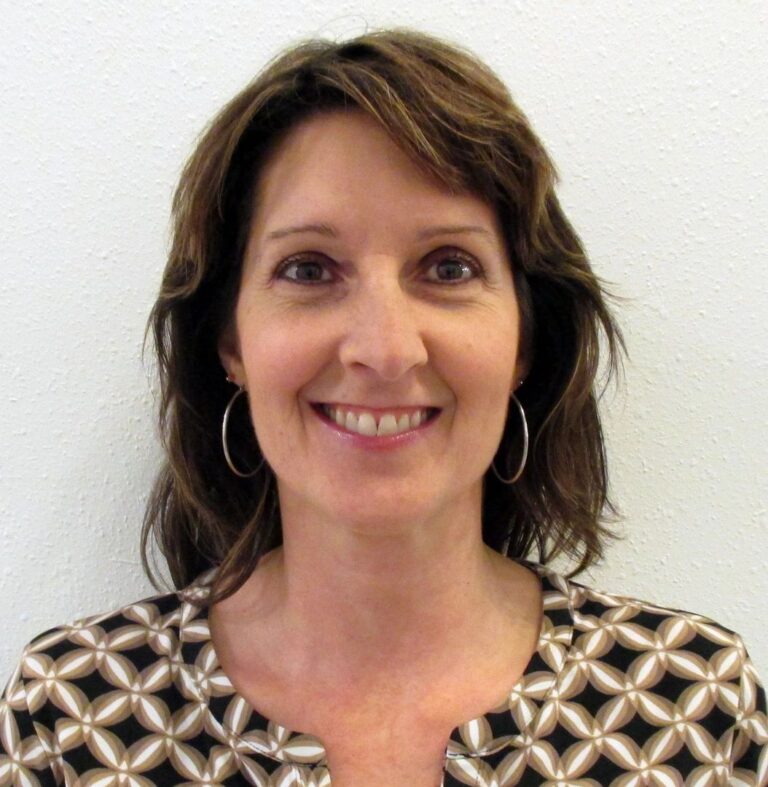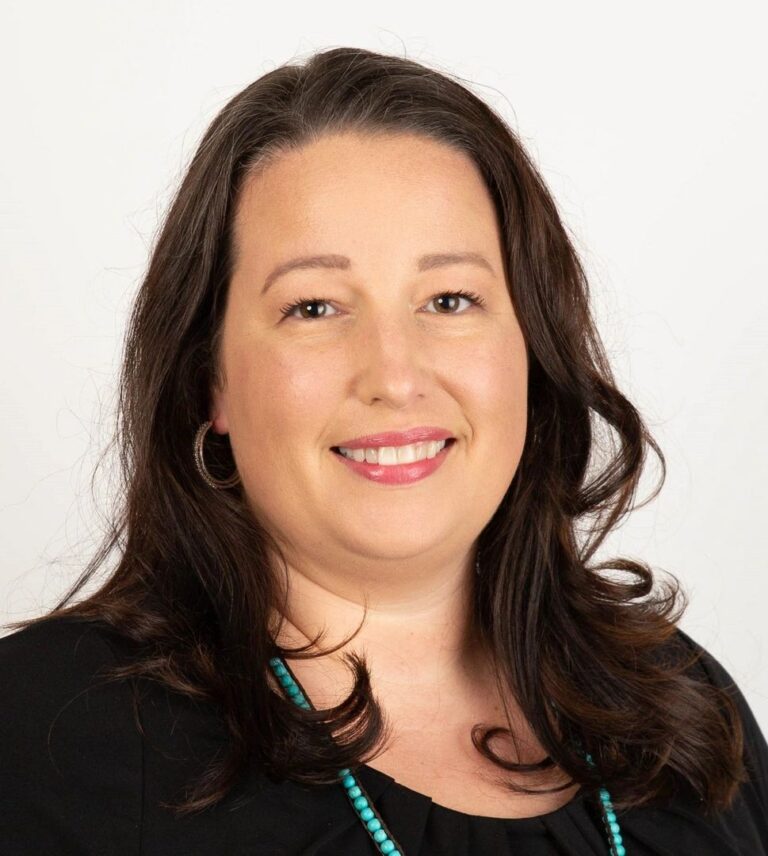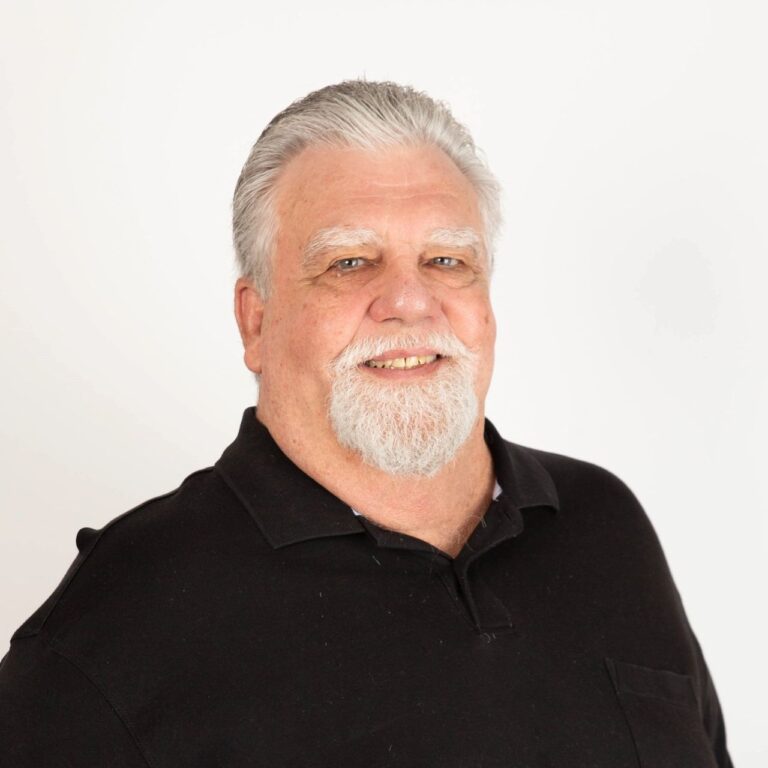May 12, 2020

One day as I was driving down the highway I passed a billboard that said something about volunteering to be a CASA. I had been looking for some place to volunteer that really needed me. I really did not know what CASA was all about before I reached out and interviewed with John White. I only knew that I would be an advocate for children when they needed help the most. I thought it sounded simple enough and felt like I could really make a difference for the children; it sounded easy. John went over all the training requirements thoroughly; and explained that I would be standing up in Court and talking directly to the Judge, on behalf of a child who had been removed from the parents due to neglect or abuse. He explained that I had to be confident in my knowledge of all of the details about my case and speak up for what is in the best interest of the child. At the end of our conversation I felt that I was ready to make the commitment.
The second piece of the process was committing to the training that spanned a two week period. It seemed like a lot of time to commit to learning how to speak up for children. I have a child, and I knew what child abuse and neglect were. I also felt like I could easily tell the Judge that the children should not be in an abusive home. It sounded pretty simple. I was easily misled by the simplicity of my thoughts. I learned through the training how my beliefs and morals really impact they way I interpret the cultural beliefs of others and their morals. I also was taught how difficult it often is to validate some reports of abuse and/or neglect. I walked into training thinking that the solution is easy when accusations are made – CPS just needs to remove the children from the questionable home environment. I walked out of training understanding the importance of family to that child, no matter how horrific life may be within that home. As an adult, I understand changes in life; but children do not always rebound when they are ripped from the only parents they have ever known. I grew to understand that I would be a CASA to the children first, but if possible I would also be there for the family. Training taught me that the best way to be an amazing CASA was to try my best to help the family find a way to change the cycle of abuse – so that they could be reunified with their children.
My very first case was one that really stretched and challenged me in every way. I learned that I still had a lot to learn, but I was surrounded and blessed by a great CASA Supervisor, an amazing Attorney ad Litem, and an awesome foster family on my first case. I had to really work to build a relationship with family members who did not know me or trust me in the very beginning. I also had to find a way to connect with children who were being told not to talk to me. Through honesty and patience, we were able to break down barriers and begin to help each other. We eventually had really very open communication that enabled me to untangle conflicting stories in the courtroom; and I was able to assist in making the Court aware of fairytale promises that some family members were making to the children. I walked into Court that first time nervous about being in the courtroom; but confident, because I knew everything about the case and I knew that placement would be challenging and should not be rushed.
That first CPS was of course being heard in Family Court; but since there had been a child homicide, there was also a case being heard in a District Criminal Court – which added a completely different dynamic. Judge McCoy really valued what I wrote in my court report and listened to what I said every time we were in court. That case really left
an impact on anyone it touched, and we all wanted to move slowly in proceeding with each step. The Judge honored that and walked alongside us as slow as we wanted to go. I am not sure I was right, but I truly felt that my words and statements were valued at least equally, and usually above those of all other parties. In the end, after working through many successes and failures regarding placement of the children, we were eventually able to find a committed family placement that appeared to be a great outcome for the family and (most importantly) for the children.
I have had the privilege of working many levels of severity of abuse/neglect cases and have struggled with the lower level severity cases. It seems so challenging at times to find a solution that works for the best interest of the child. After being appointed as a CASA Guardian Ad Litem on multiple cases, I learned that not all foster homes are amazing; and whether great or not so great, they also aren’t plentiful. Sometimes the only placements available for these children require that they be placed separately – so, after just being removed from their home and their parents, they now have to be separated from their siblings as well. I also learned that many parents (and/or their family and friends) have a history with CPS and know how to “play the game”. They know that all they have to do is behave in the short term and complete a service plan – then they will have their children returned, and CPS will be out of their lives. As a CASA, I can tell you that this is where the true value of CASA steps in. The children know when their parents are lying, and the CASA will see it in the interactions between the parent and child. Without a CASA, the child has nobody to confide in and often no one in court who truly knows the reality of what goes on outside of court. CPS is bound by check boxes to demonstrate change in behavior and attorneys are not always as plugged in as they could be. The children served by a CASA need that CASA to speak the words that they cannot say.
– Chrisy Johnson, CASA of the Coastal Bend Volunteer
To learn how you can make a difference as a CASA volunteer for Coastal Bend youth in foster care, attend an upcoming 45 minute Virtual CASA Info Session held every Wednesday at 12pm via Zoom: https://bit.ly/2JAld0E



